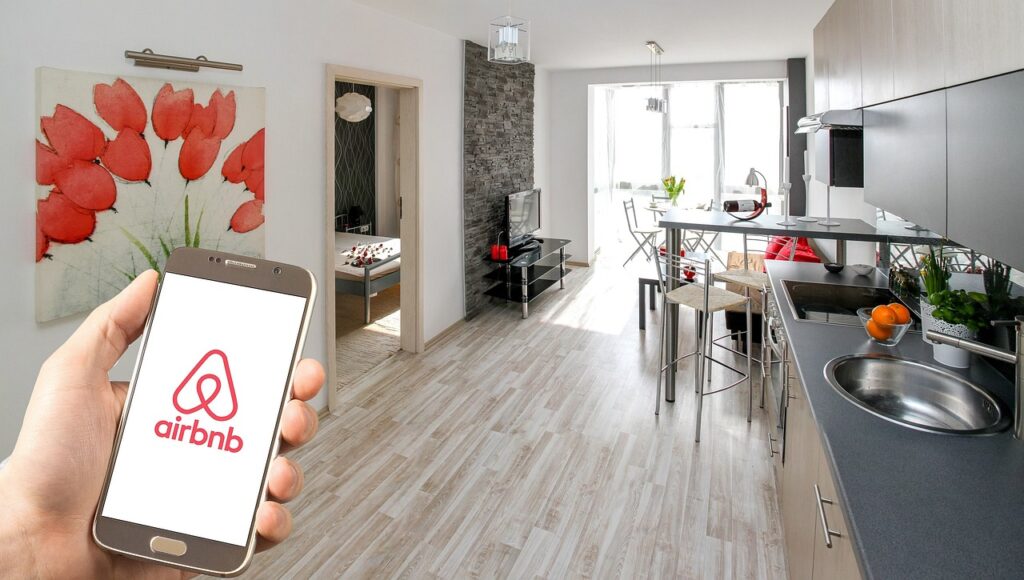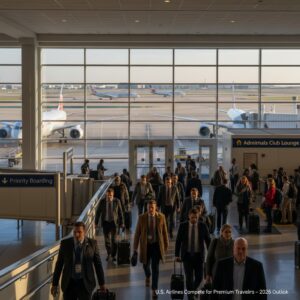New York City, known for its bustling Airbnb scene, is witnessing a seismic shift in its short-term rental landscape. Recent regulations have brought about a significant reduction in Airbnb listings, leaving both travelers and hosts grappling with uncertainty. Meanwhile, the city’s hotel industry is poised to reap the benefits of these changes.
As of September 5th, the city implemented stringent rules governing Airbnb’s largest market. Short-term rentals are now restricted to just two guests, and hosts must be present for stays of fewer than 30 days. Failure to register and gain city approval can result in fines of up to $5,000, with Airbnb also facing penalties. To comply with the new regulations, Airbnb has blocked the calendars of hosts lacking a city registration number.
Although existing reservations made before September 5th are being honored until December 1st, the clampdown has led to a remarkable 77% decrease in short-term rentals. The count has dropped from 22,500 three months ago to 4,600, according to travel industry website Skift, citing data from AirDNA. Some units have transitioned to rentals with a minimum stay of 30 days, which have surged by 48%, now totaling 34,900 listings, constituting 87% of Airbnb’s total offerings in the city.
“Everyone is in a tailspin to figure out what the future holds and trying to figure out the next steps,” said Lisa Grossman, a travel agent and founder of an advocacy group for Airbnb hosts.
The city’s hotel industry, a long time opponent of Airbnb’s growth, is poised to be a major beneficiary of these new regulations. Initial forecasts anticipated a 10% increase in revenue per available room in New York City next year. However, with Airbnb’s diminished presence, this increase could surge to as much as 16%, according to Skift. Google searches for city hotels have soared by 24% over the past week, signaling a surge in interest in traditional lodging options.
“We’re seeing a tremendous amount of interest in people staying in New York City hotels,” remarked Kevin Davis, CEO of JLL Hotels & Hospitality’s Americas.
The city’s argument for these regulations is rooted in the need to enforce compliance with existing laws. Many hosts were operating outside the bounds of the law, contributing to a housing shortage that drove rental prices to historic highs.
“It was a hush, hush thing [to be an Airbnb host] because they were not abiding by the city rules, but now NYC forced Airbnb to abide by the rule,” said Syed Lateef, an Airbnb superhost.
Christian Klossner, executive director of the city’s Office of Special Enforcement, which oversees the industry, emphasized, “Registration creates a clear path for hosts who follow the city’s long-standing laws and protects travelers from illegal and unsafe accommodations, while significantly limiting the proliferation of illegal short-term rentals.”


















More Stories
US Airlines Battle for 2026 Skies: Premium Profits Soar
UK Hospitality Boom: France/Germany/GCC Drive 2025 Surge—Hidden Gems Await
US Tourism Plunges from Europe & Canada: Visa Barriers Hit Hard